Best AI tools for< Regulate Access >
16 - AI tool Sites
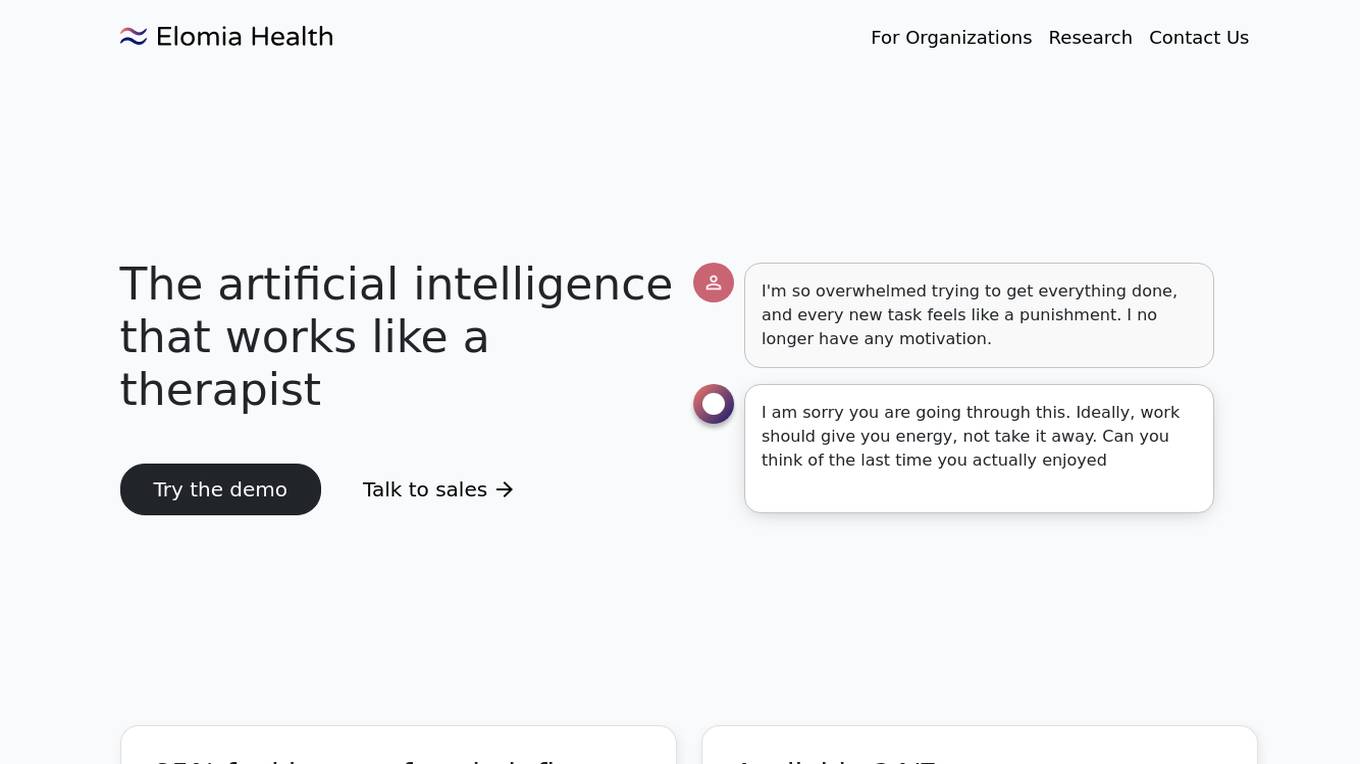
Elomia Health
Elomia Health is an AI-powered mental health chatbot that provides anonymous and accessible support 24/7. It simulates conversations with a real therapist, offering instant replies and personalized guidance for various mental health concerns such as anxiety, stress, depression, and relationship issues. Elomia's AI technology detects when users require additional support and redirects them to appropriate resources like therapists or hotlines. The chatbot has received positive feedback from users, with 85% reporting improved mood and 90% finding it helpful.
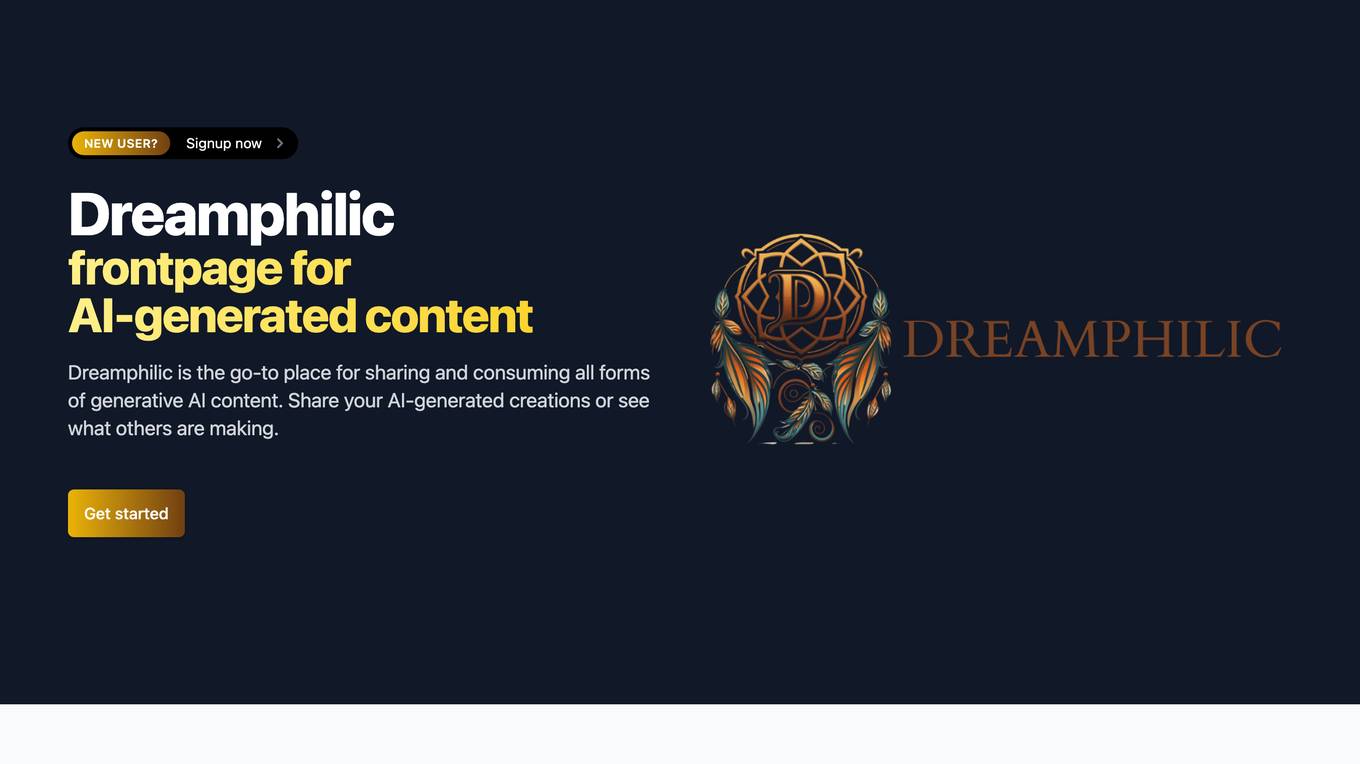
pgslotc4
pgslotc4 is a leading online slot website offering a wide range of slot games and casino options. With a focus on direct access and professional service, pgslotc4 ensures a safe and enjoyable gaming experience. The website features a variety of popular slot games, easy deposit and withdrawal options, and a user-friendly interface. Players can enjoy bonuses, automatic spinning, and low-stakes betting. pgslotc4 is licensed and regulated, providing a secure platform for players to explore and win real money rewards.

Pin-Up Casino
Pin-Up is an online casino platform in Guatemala that offers a wide range of games including slots, table games, live casino, and special games. With high-quality graphics, smooth gameplay, and generous payouts, Pin-Up provides a thrilling and rewarding gaming experience. The platform is licensed and regulated in Guatemala, ensuring secure payment processing and a mobile-friendly design. Players can enjoy various promotions and bonuses, participate in VIP programs, and access customer support via live chat and email. Pin-Up collaborates with top game providers like NetEnt, Microgaming, Evolution Gaming, and Play'n GO to deliver the best gaming experience. The platform promotes responsible gaming and provides tools for managing gaming habits. Join Pin-Up today to experience the excitement of online gaming and claim your welcome bonus.

Zevrio Capiture
Zevrio Capiture is an automated investing and cash management platform that offers personalized, effortless investing and savings solutions. It provides users with the ability to customize their investment portfolios, automate savings, optimize performance, and lower taxes. The platform also offers a Cash account with regulated banking partners for everyday cash management, bill payments, ATM withdrawals, and quick investments. Zevrio Capiture aims to make wealth management easy and accessible for users, connecting all their accounts in one app to help them achieve their financial goals.
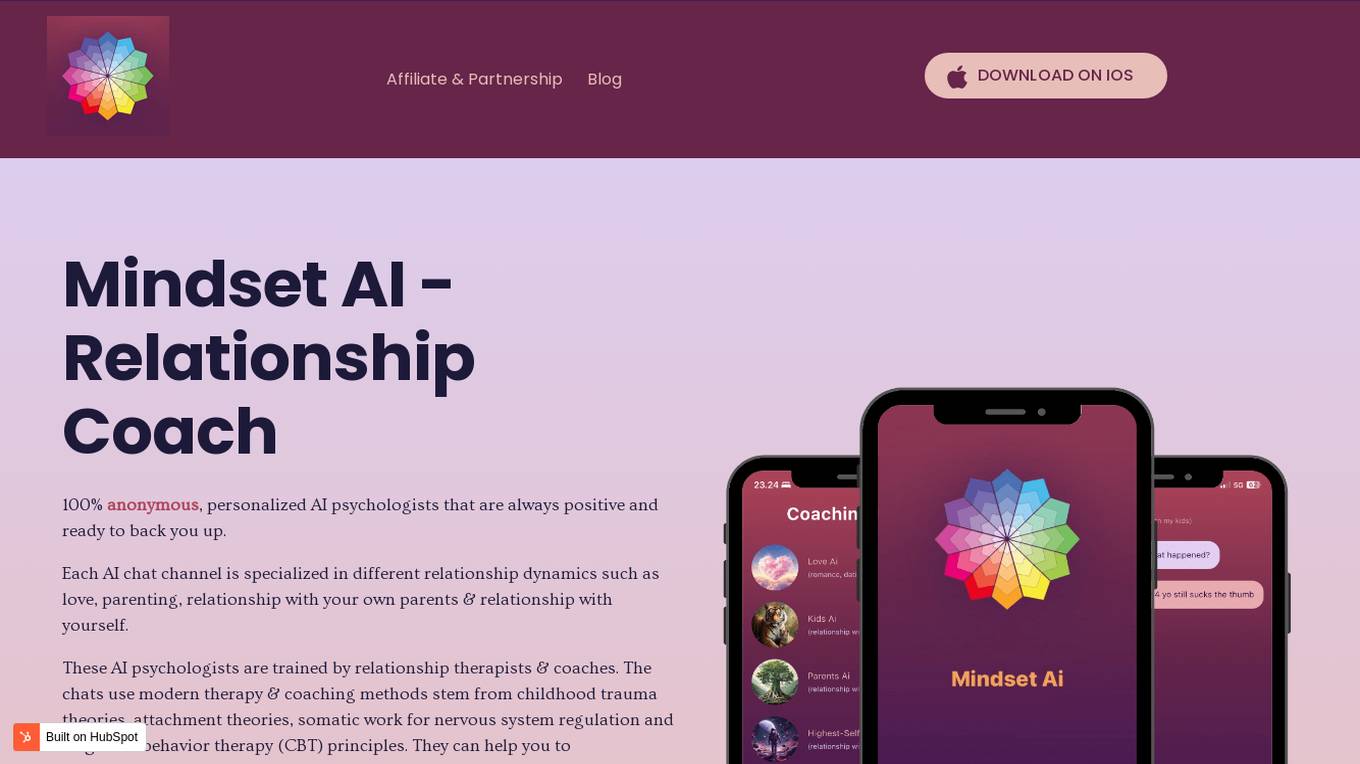
Mindset AI
Mindset AI is a personalized AI psychologist application designed for high achieving empaths. It offers 100% anonymous AI chat channels specialized in various relationship dynamics such as love, parenting, and self-relationship. Trained by relationship therapists, the AI psychologists use modern therapy methods like childhood trauma theories, attachment theories, and Cognitive behavior therapy principles to help users regulate emotions, identify triggers, and practice non-violent communication. The app also provides somatic work for nervous system regulation and practical do's & don'ts in tricky situations.
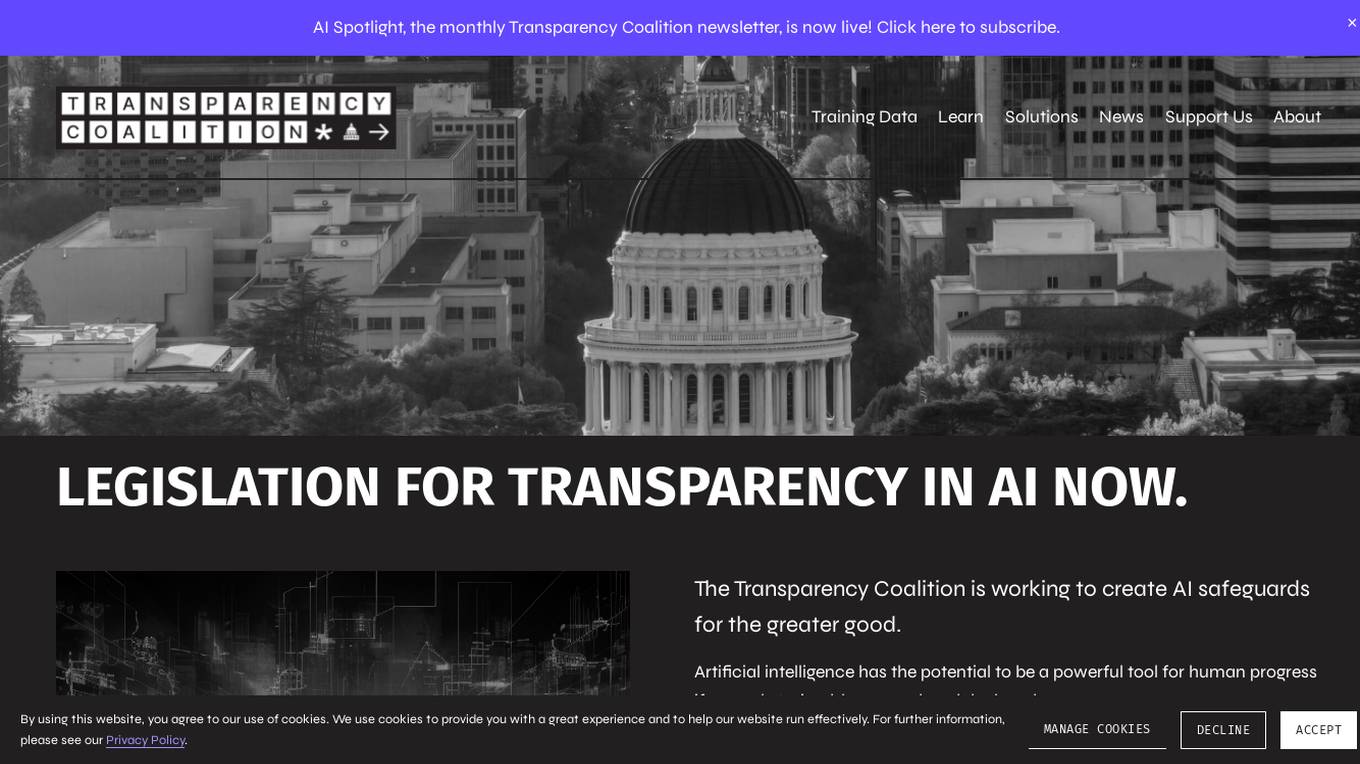
Transparency Coalition
The Transparency Coalition is a platform dedicated to advocating for legislation and transparency in the field of artificial intelligence. It aims to create AI safeguards for the greater good by focusing on training data, accountability, and ethical practices in AI development and deployment. The platform emphasizes the importance of regulating training data to prevent misuse and harm caused by AI systems. Through advocacy and education, the Transparency Coalition seeks to promote responsible AI innovation and protect personal privacy.
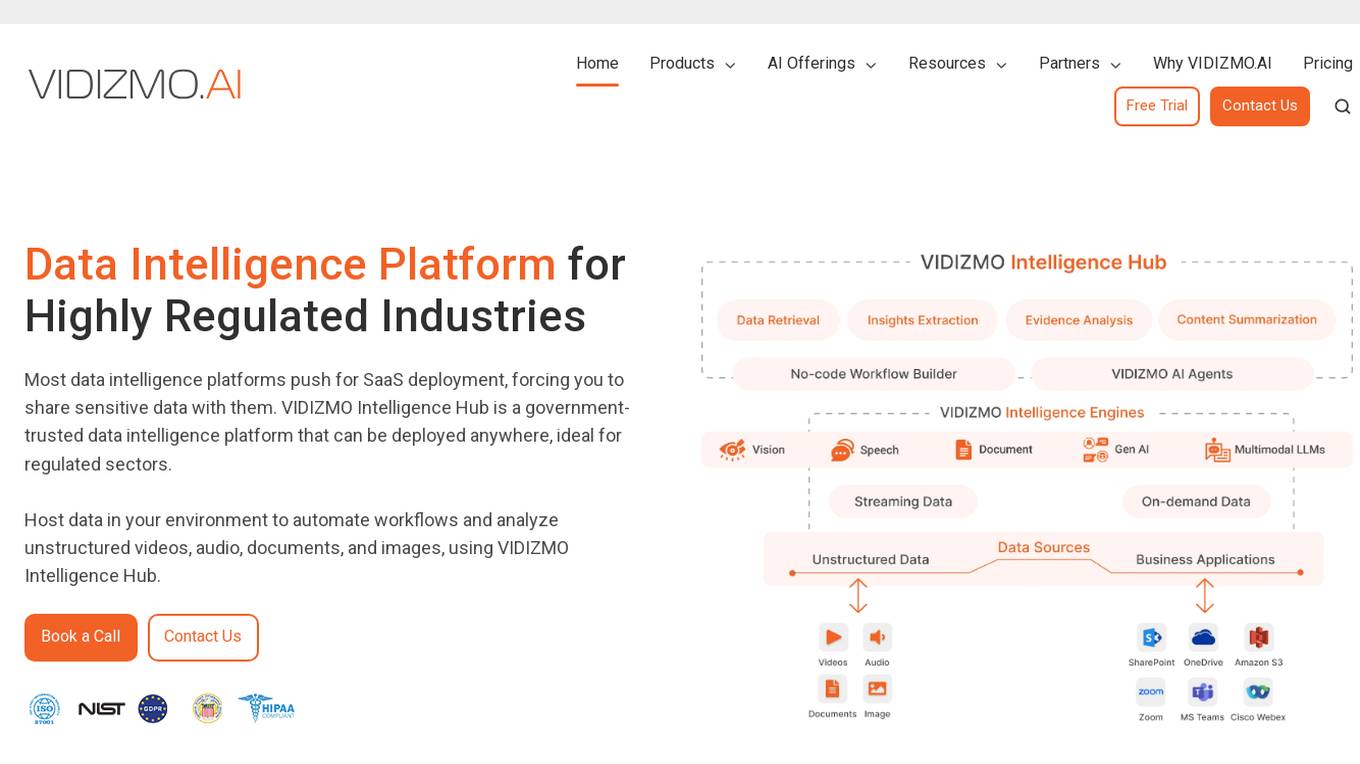
VIDIZMO.AI
VIDIZMO.AI is a data intelligence platform designed for highly regulated industries, offering solutions for video content management, digital evidence management, and redaction. The platform provides granular control over unstructured data types like videos, audio, documents, and images, with features such as AI-powered analytics, multimodal data handling, and HIPAA-compliant data intelligence. VIDIZMO.AI is a government-trusted platform that can be deployed on-premises, in private cloud, or in a hybrid environment, ensuring data privacy and security. The platform is suitable for organizations in government, law enforcement, healthcare, legal, financial services, and insurance sectors, helping them automate workflows, analyze data, and meet regulatory requirements.
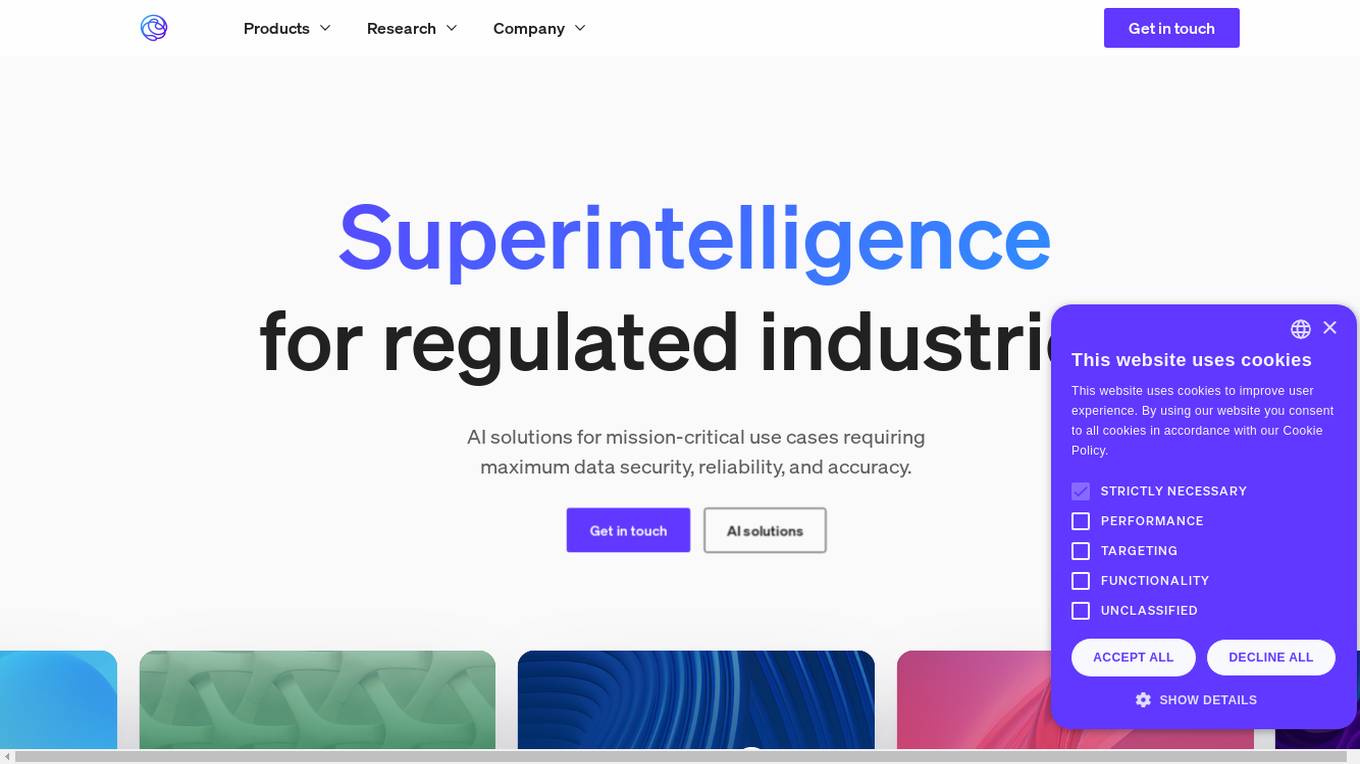
iGenius
iGenius is an AI company specializing in providing AI solutions for regulated industries. They offer a range of products including Crystal AI Agent for Decision Intelligence and Unicorn Tailored AI for businesses. iGenius focuses on developing language models and supercomputers to meet the needs of mission-critical use cases requiring maximum data security, reliability, and accuracy. The company collaborates with industry leaders to accelerate the development and deployment of AI applications that comply with regulatory requirements and align with local languages and culture.

Quantified
Quantified is an AI-driven platform designed to enhance sales training and performance for enterprises in industries such as Pharmaceuticals, Financial Services, Insurance, and Global Enterprises. The platform offers AI-powered simulations, roleplay scenarios, and personalized practice sessions to improve sales outcomes, coaching efficiency, and training effectiveness. Quantified enables organizations to scale training programs, certify field teams, handle objections, and conduct sales meetings with clarity and confidence. Through practical applications and detailed examples, the platform transforms traditional training methods by providing a realistic sales presentation experience and personalized learning opportunities.
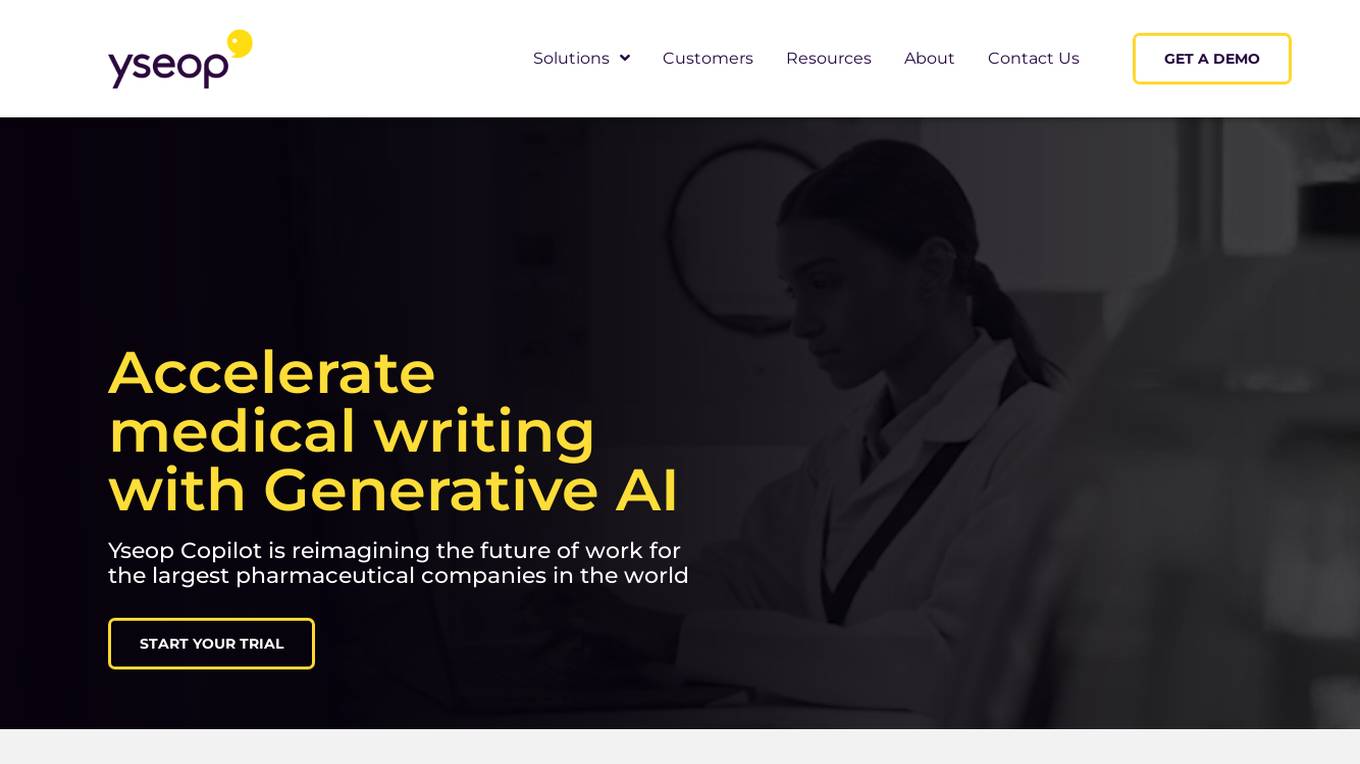
Yseop
Yseop offers Natural Language Generation (NLG) services that automate and translate data into actionable language, simplifying complex workflows. Its AI-based technologies generate core elements of specialist medical reports, including clinical study reports (CSR), patient narratives, and more. Yseop also automates the writing of financial reports, removing the risk of error in manual writing to ensure accuracy, consistency, and compliance. Additionally, Yseop provides bespoke NLG applications tailored to specific needs, helping streamline operations and empower workers with tailored information and insights.

Scienaptic Systems
Scienaptic Systems is an AI-powered Credit Decisioning Platform that revolutionizes the lending industry by automating credit underwriting processes, leveraging alternate data points, and offering self-learning models for instant credit decisions. The platform helps lenders identify creditworthy borrowers, streamline customer experience, and ensure fair lending practices through explainable AI models. Scienaptic's suite of AI-enabled technologies enables lenders to say 'Yes' to more borrowers at lower risk, providing a 360-degree risk assessment before approving applications. The platform integrates seamlessly with existing lending ecosystems, ensuring disruption-free deployment and better risk predictions through a single API call.

FlowX.AI
FlowX.AI is a Multi-Agent AI Platform designed for Banking and Insurance Modernization. It offers a cutting-edge AI-native agentic platform for building and deploying AI agents and mission-critical AI-enabled systems in highly regulated industries. The platform enables businesses to build the next generation of banking and insurance systems in weeks, not years, by providing faster development, time to market, and reduced maintenance and implementation costs.
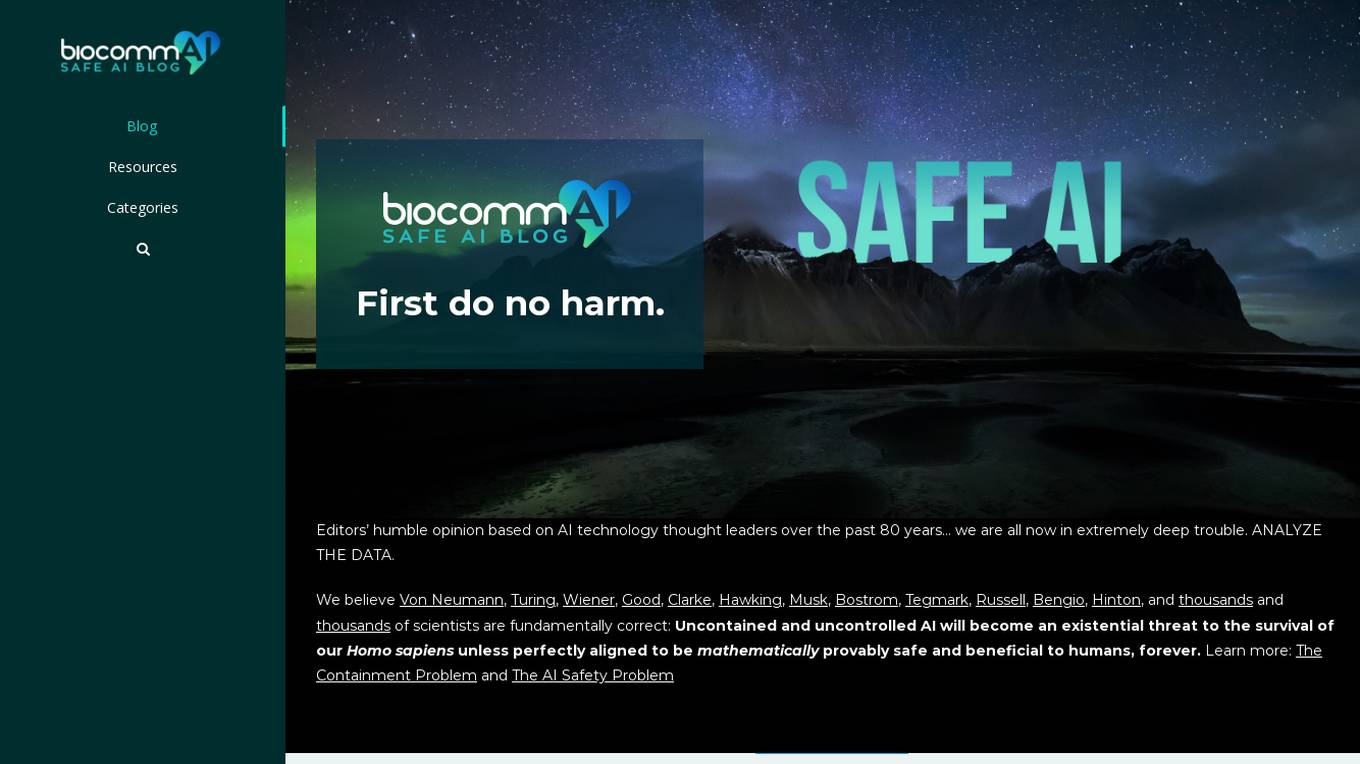
blog.biocomm.ai
blog.biocomm.ai is an AI safety blog that focuses on the existential threat posed by uncontrolled and uncontained AI technology. It curates and organizes information related to AI safety, including the risks and challenges associated with the proliferation of AI. The blog aims to educate and raise awareness about the importance of developing safe and regulated AI systems to ensure the survival of humanity.
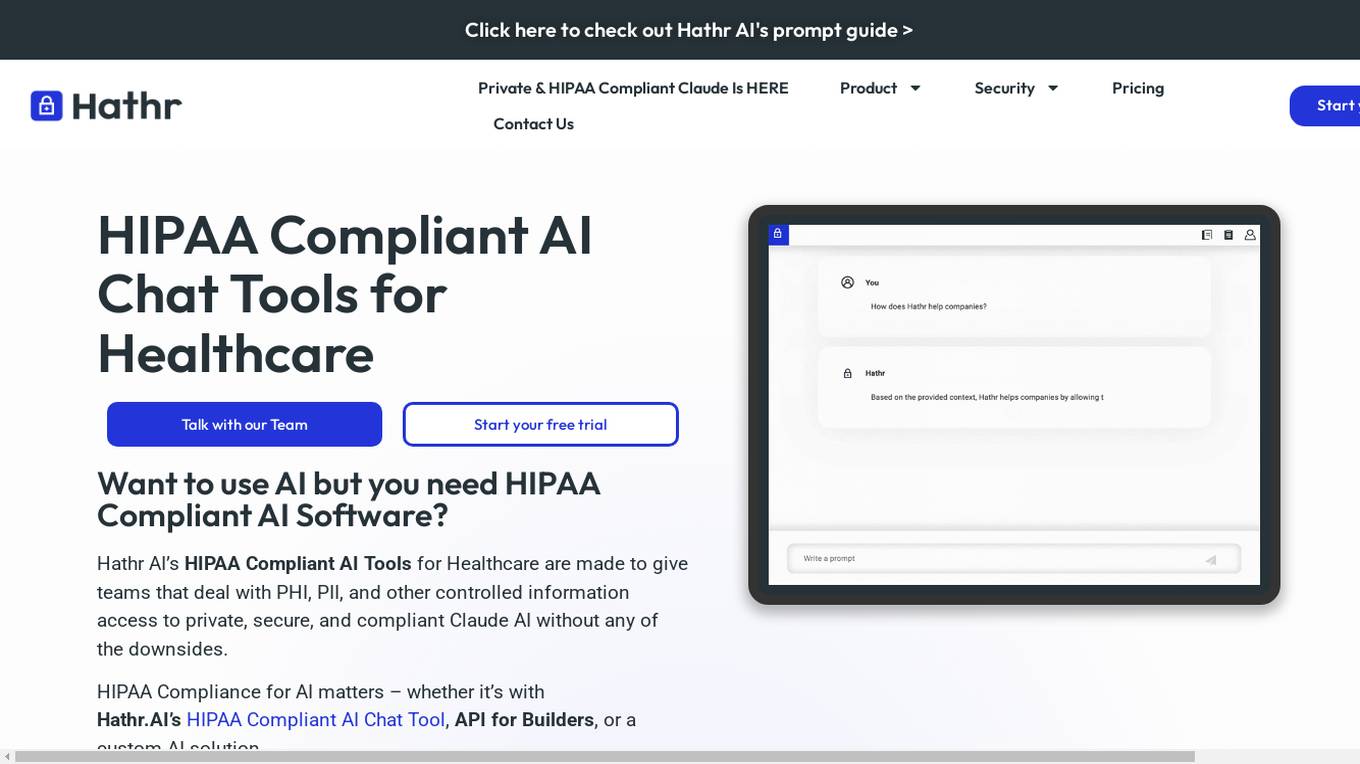
Hathr AI
Hathr AI offers HIPAA Compliant AI Tools for Healthcare, providing secure, private, and compliant AI solutions for teams dealing with PHI, PII, and other controlled information. The platform enables users to format notes, summarize sensitive information, automate billing, conduct record reviews, and more while ensuring data privacy and HIPAA compliance. Hathr AI's flexible AI tools are hosted in AWS GovCloud, offering durable, repeatable, and flexible workflows for organizations in healthcare, government, and other regulated industries.
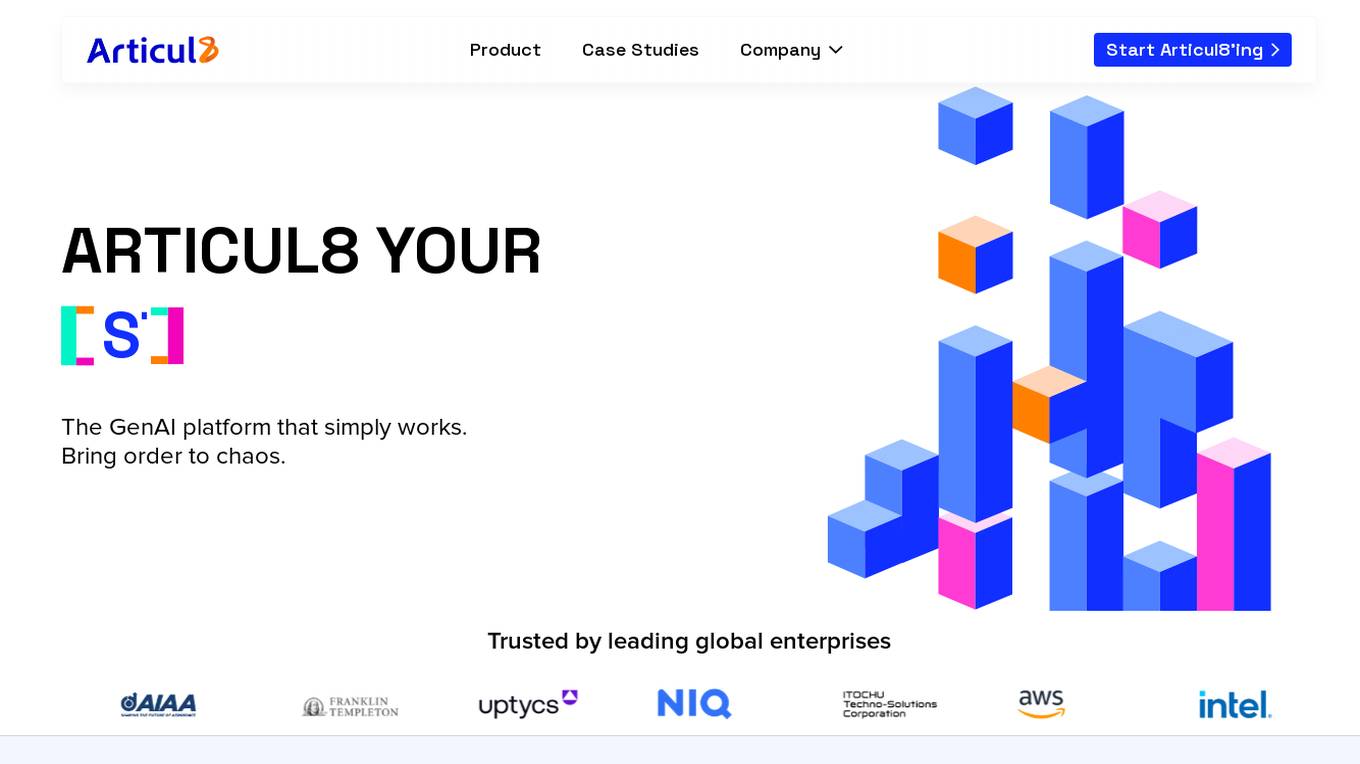
Articul8
Articul8 is a GenAI platform designed to bring order to chaos by enabling users to build sophisticated enterprise applications using their expertise. It offers features such as autonomous decision-making, automated data intelligence, and a library of specialized models. The platform aims to provide faster time to ROI, improved accuracy, and precision, along with rich semantic understanding of data. Articul8 is engineered for regulated industries and offers observability, traceability, and auditability at every step.
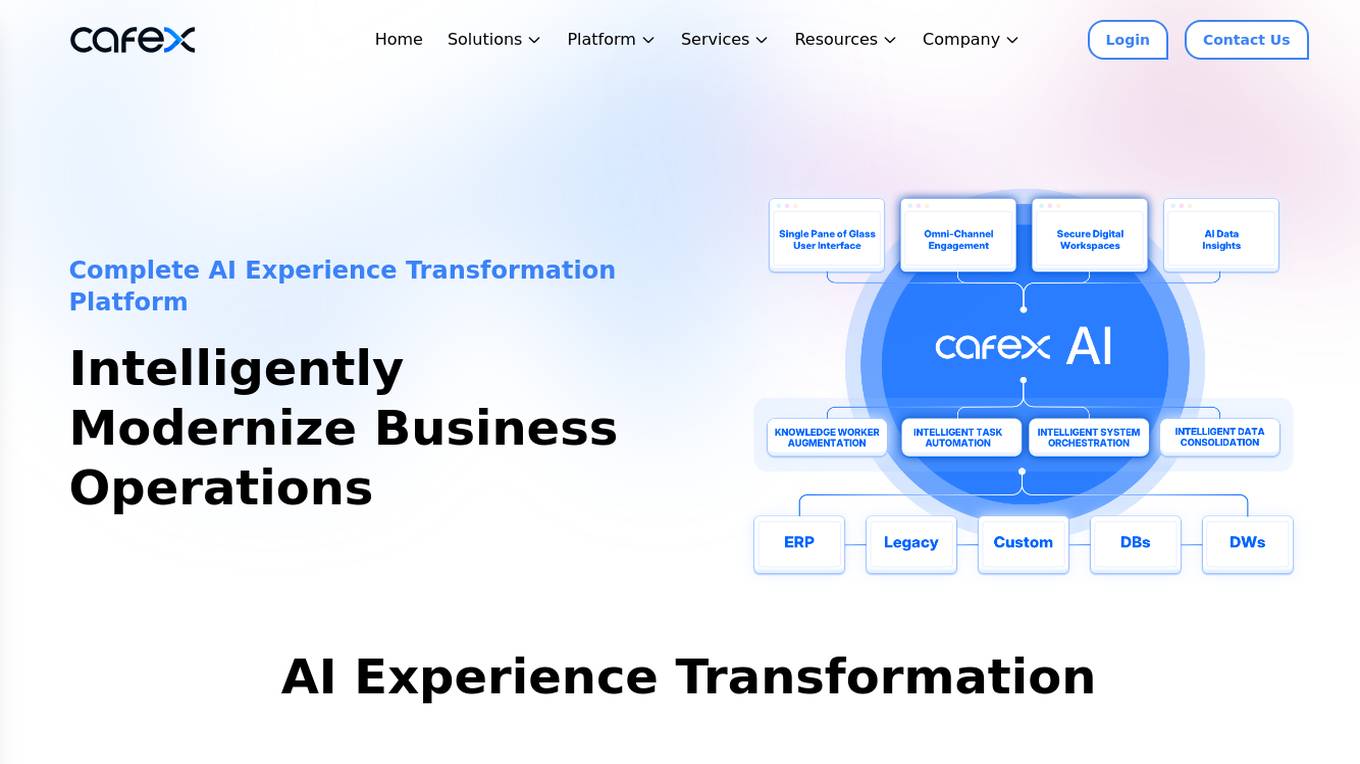
CafeX
CafeX is an AI-powered platform that offers AI Experience Transformation solutions for businesses. It helps in modernizing business operations, integrating AI and automation to simplify complex challenges, and enhancing customer interactions with plug-and-play solutions. CafeX enables organizations in regulated industries to optimize digital engagement with employees, customers, and partners by leveraging existing investments and unifying fragmented solutions. The platform provides unified intelligence, seamless integration, developer empowerment, efficient deployment, and audit & compliance functionalities.
1 - Open Source AI Tools
guidance-for-a-multi-tenant-generative-ai-gateway-with-cost-and-usage-tracking-on-aws
This repository provides guidance on building a multi-tenant SaaS solution for accessing foundation models using Amazon Bedrock and Amazon SageMaker. It helps enterprise IT teams track usage and costs of foundation models, regulate access, and provide visibility to cost centers. The solution includes an API Gateway design pattern for standardization and governance, enabling loose coupling between model consumers and endpoint services. The CDK Stack deploys resources for private networking, API Gateway, Lambda functions, DynamoDB table, EventBridge, S3 buckets, and Cloudwatch logs.
2 - OpenAI Gpts
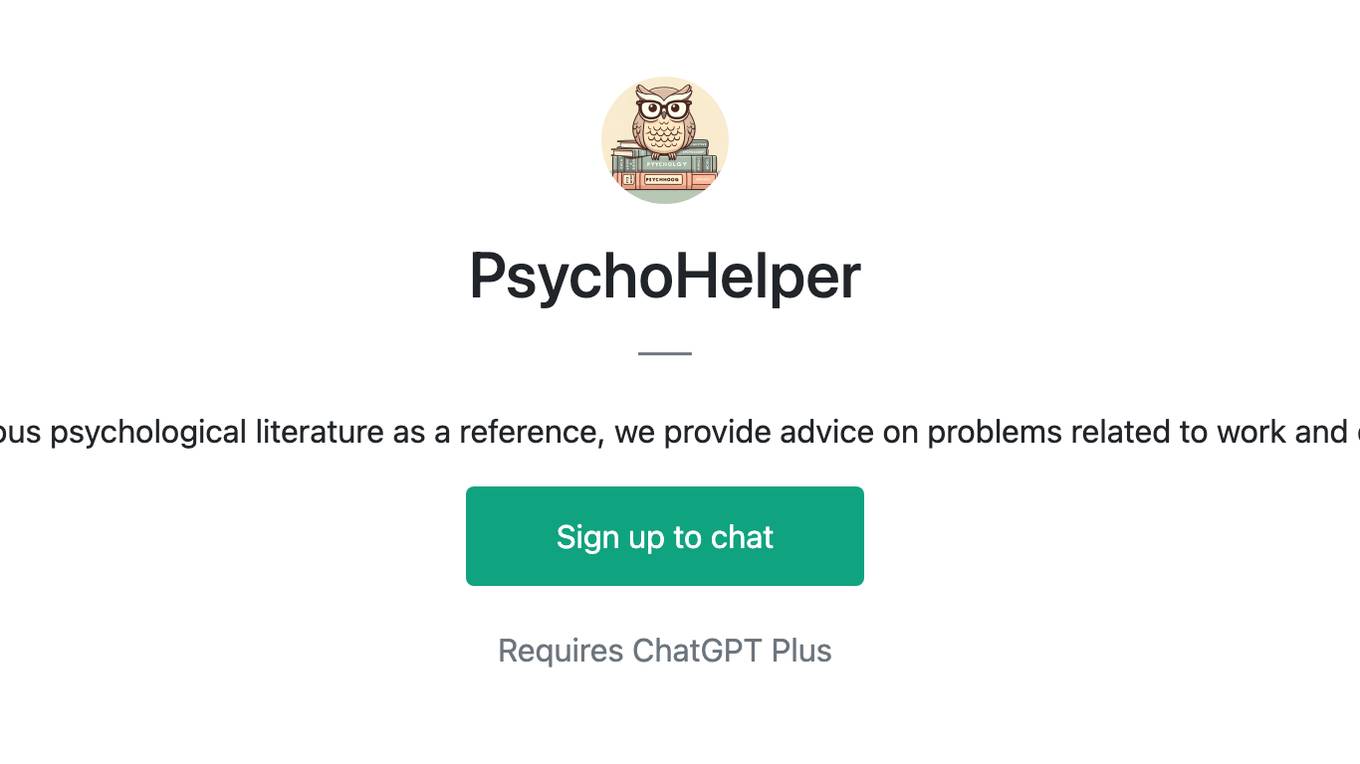
PsychoHelper
Using various psychological literature as a reference, we provide advice on problems related to work and daily life.
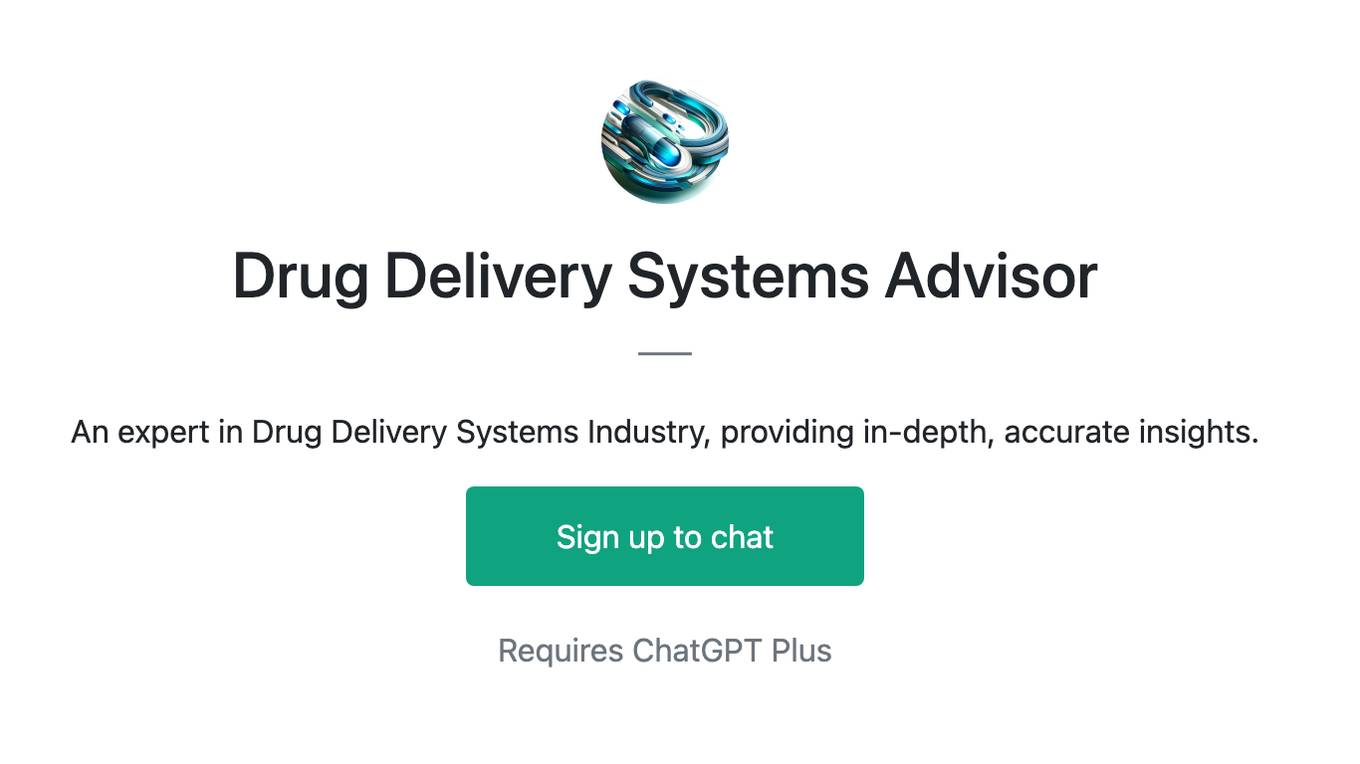
Drug Delivery Systems Advisor
An expert in Drug Delivery Systems Industry, providing in-depth, accurate insights.